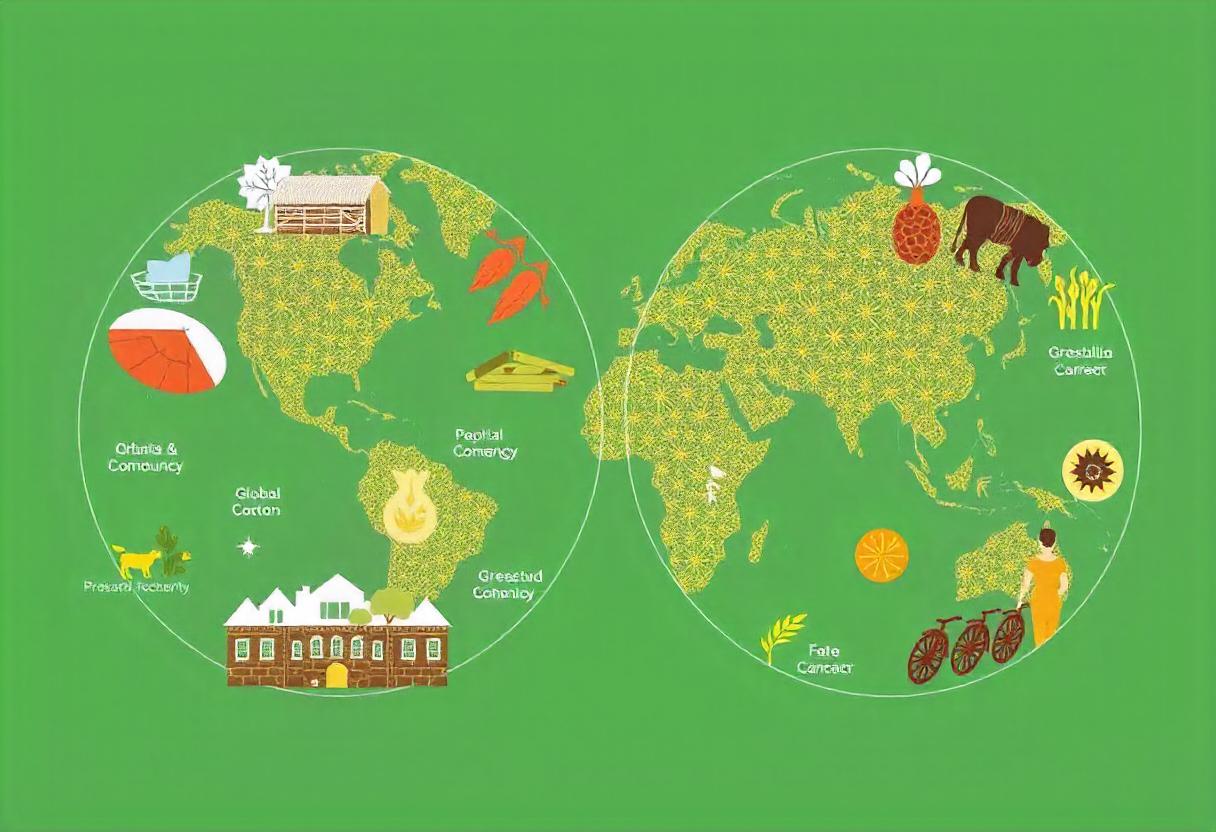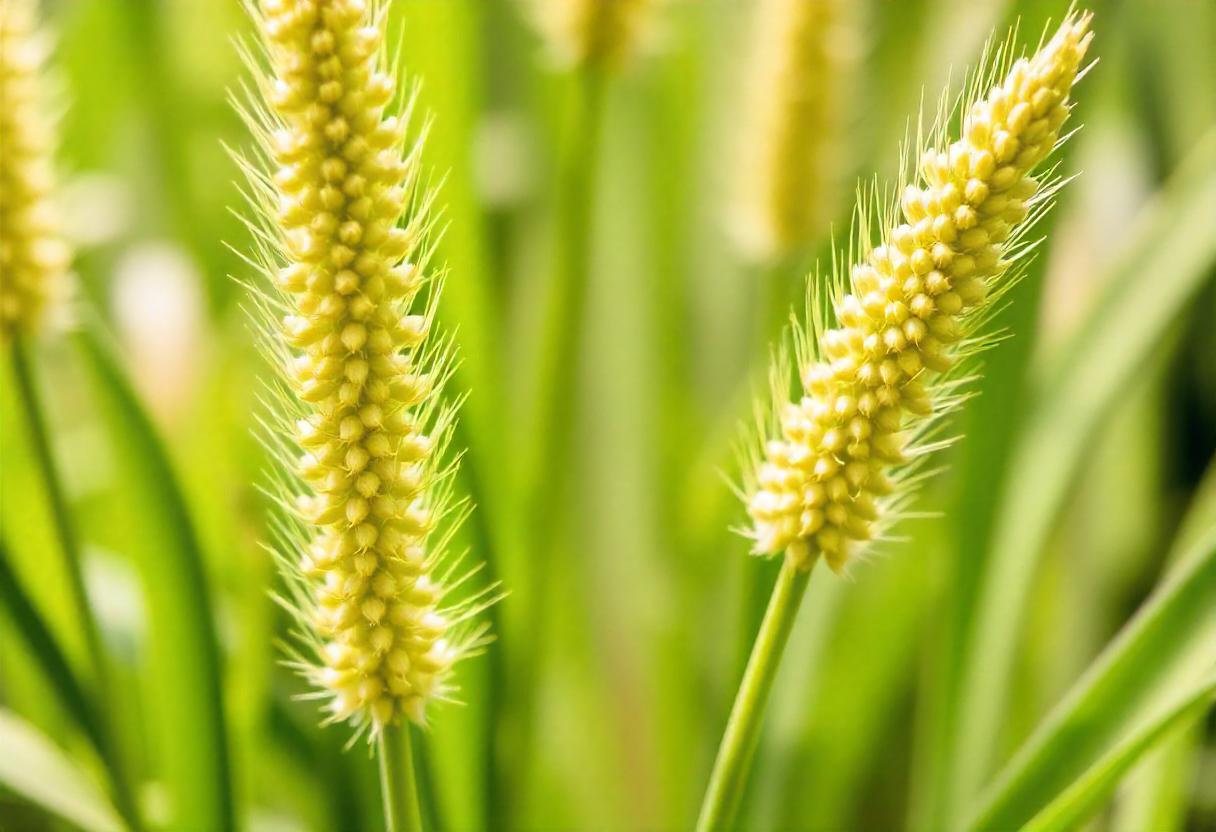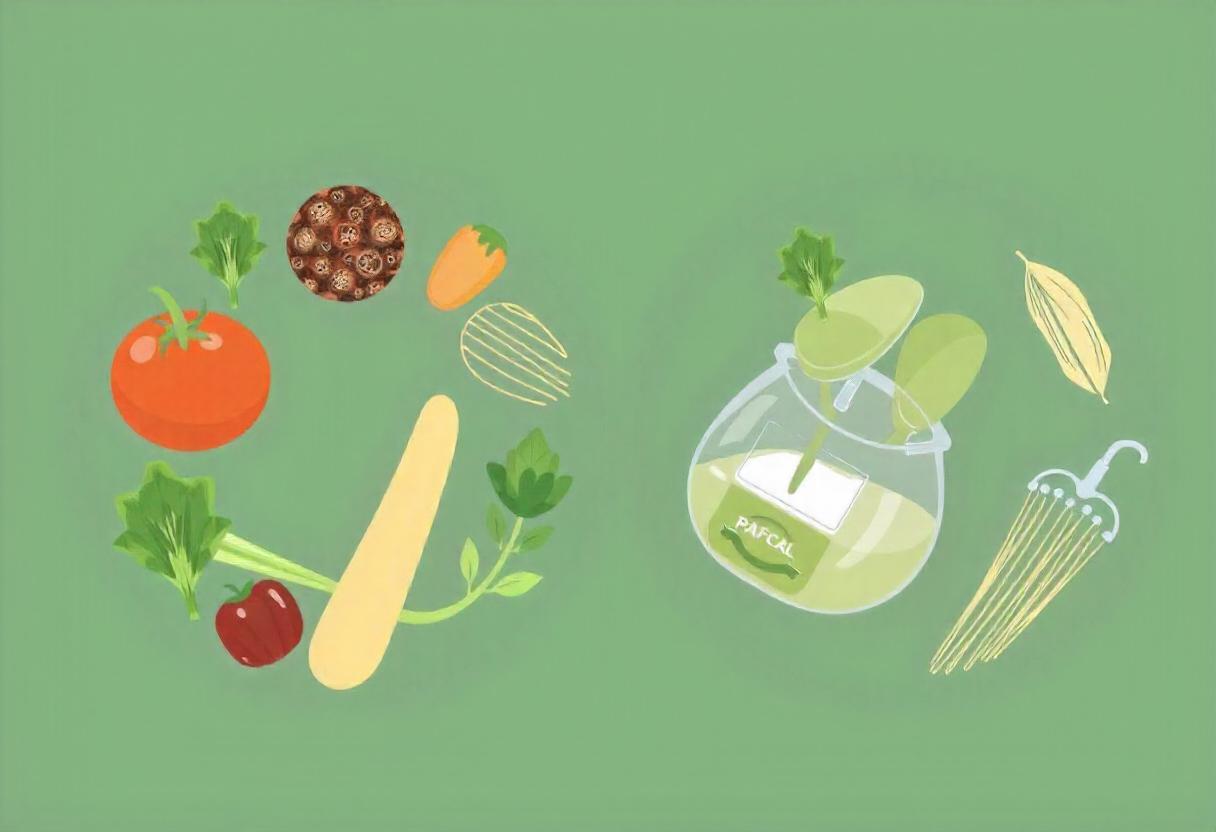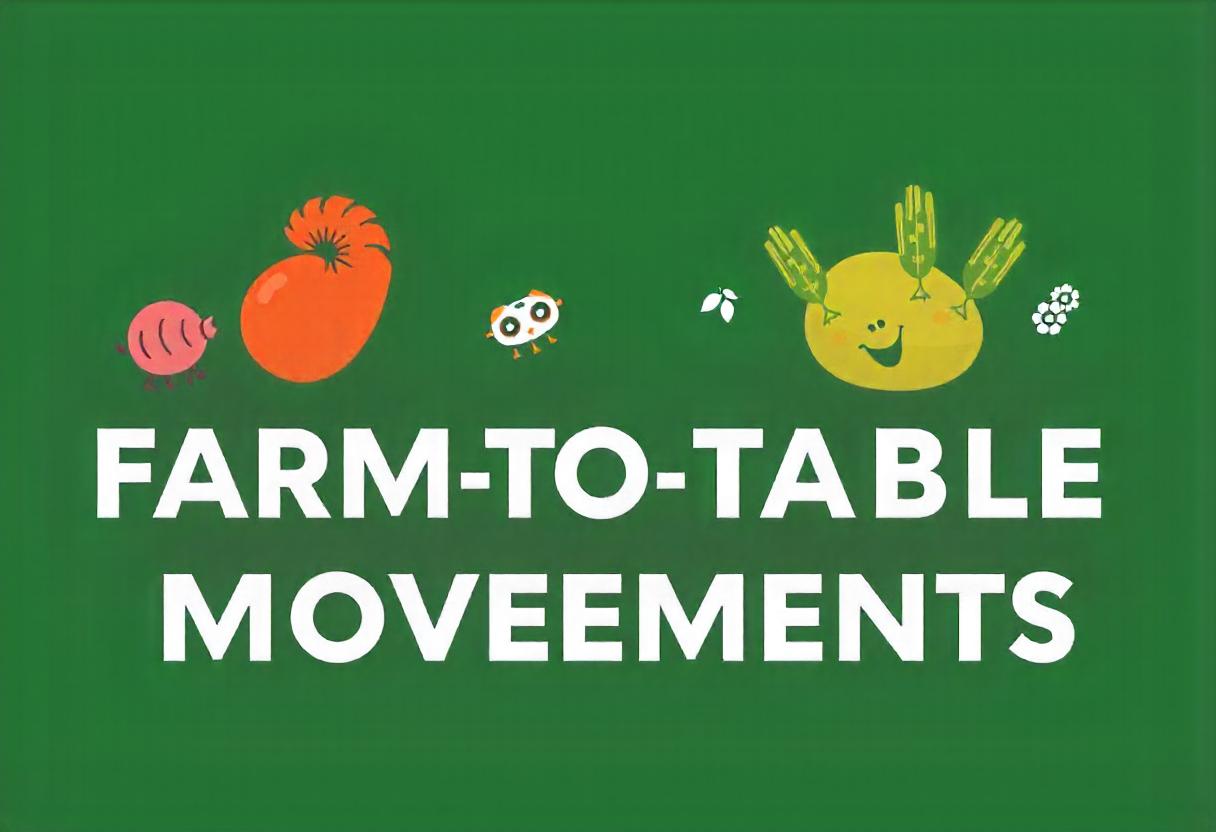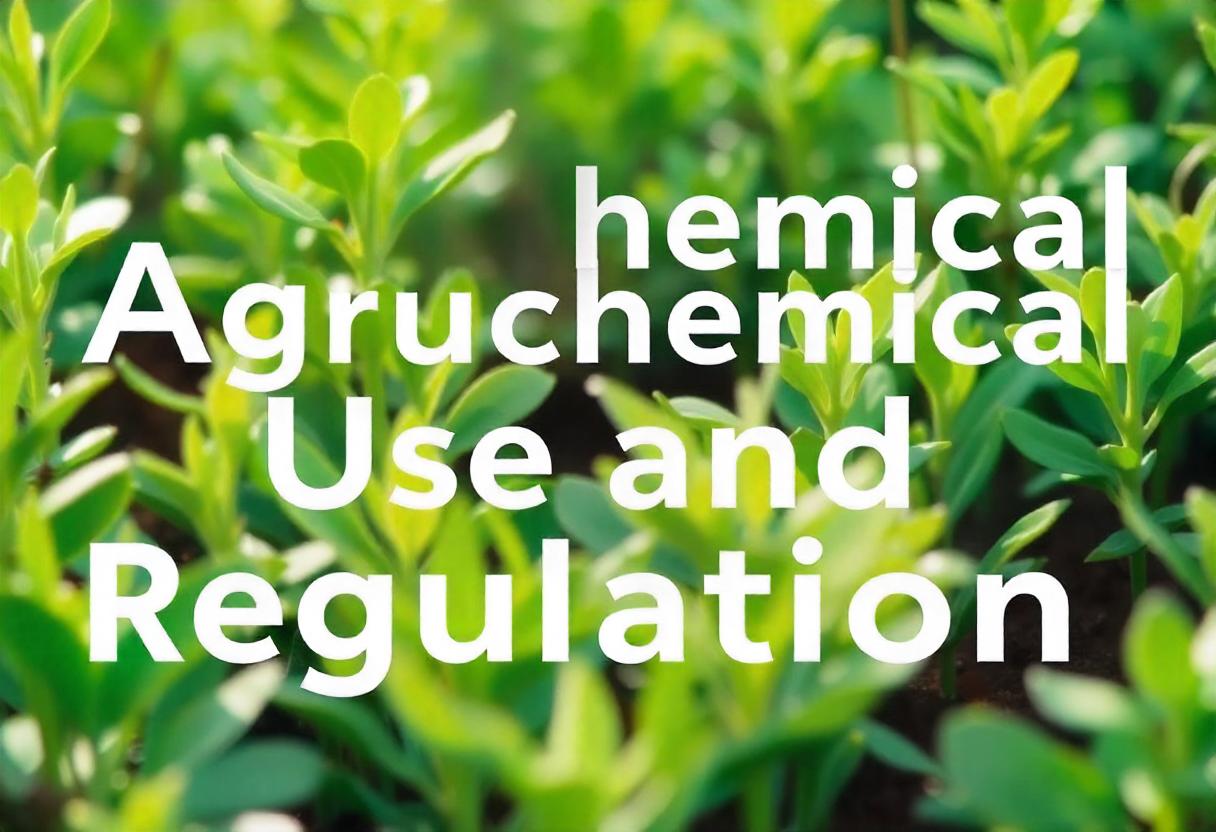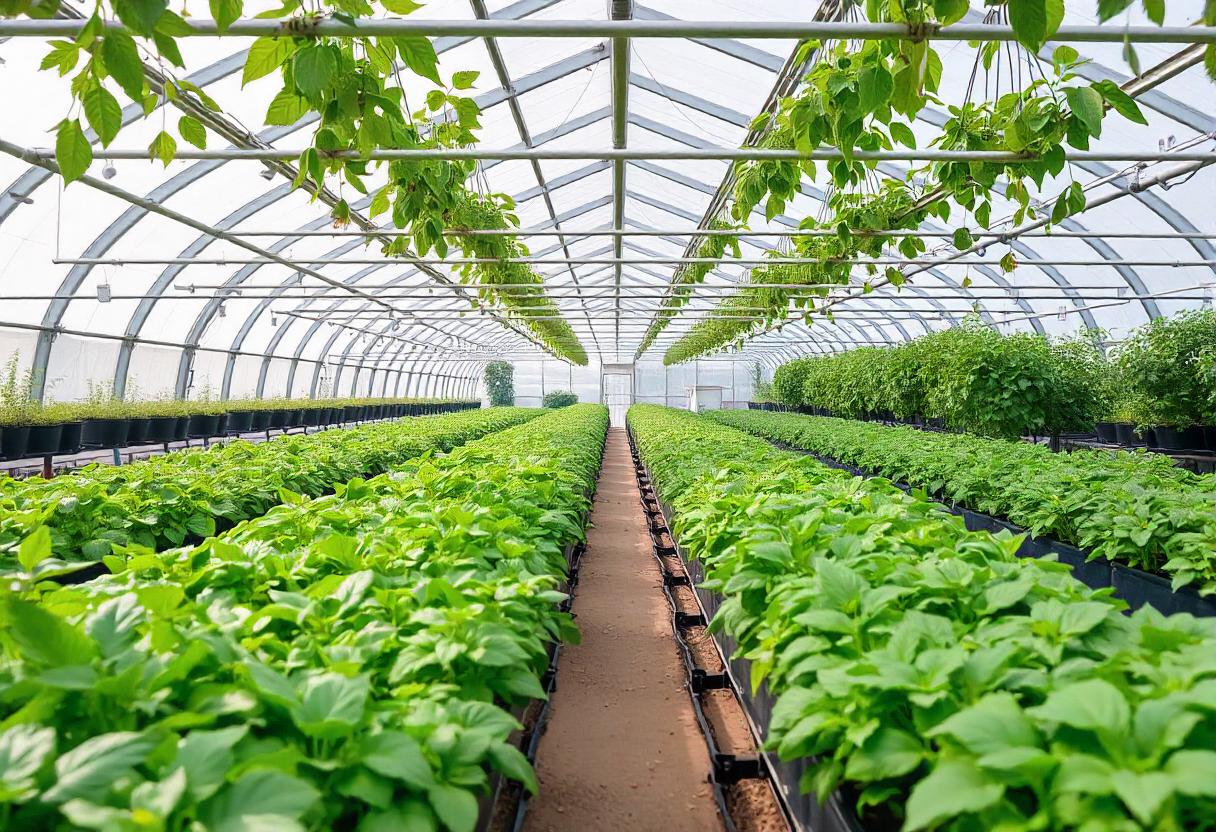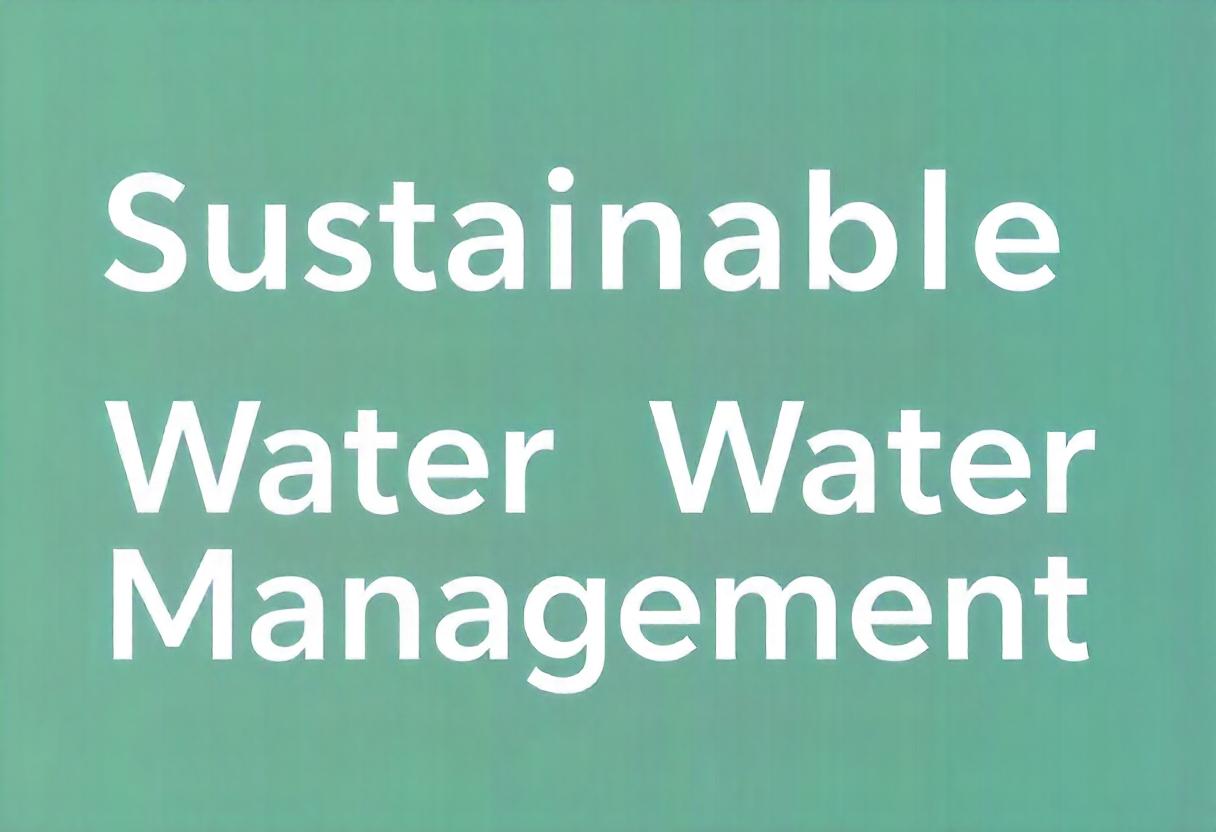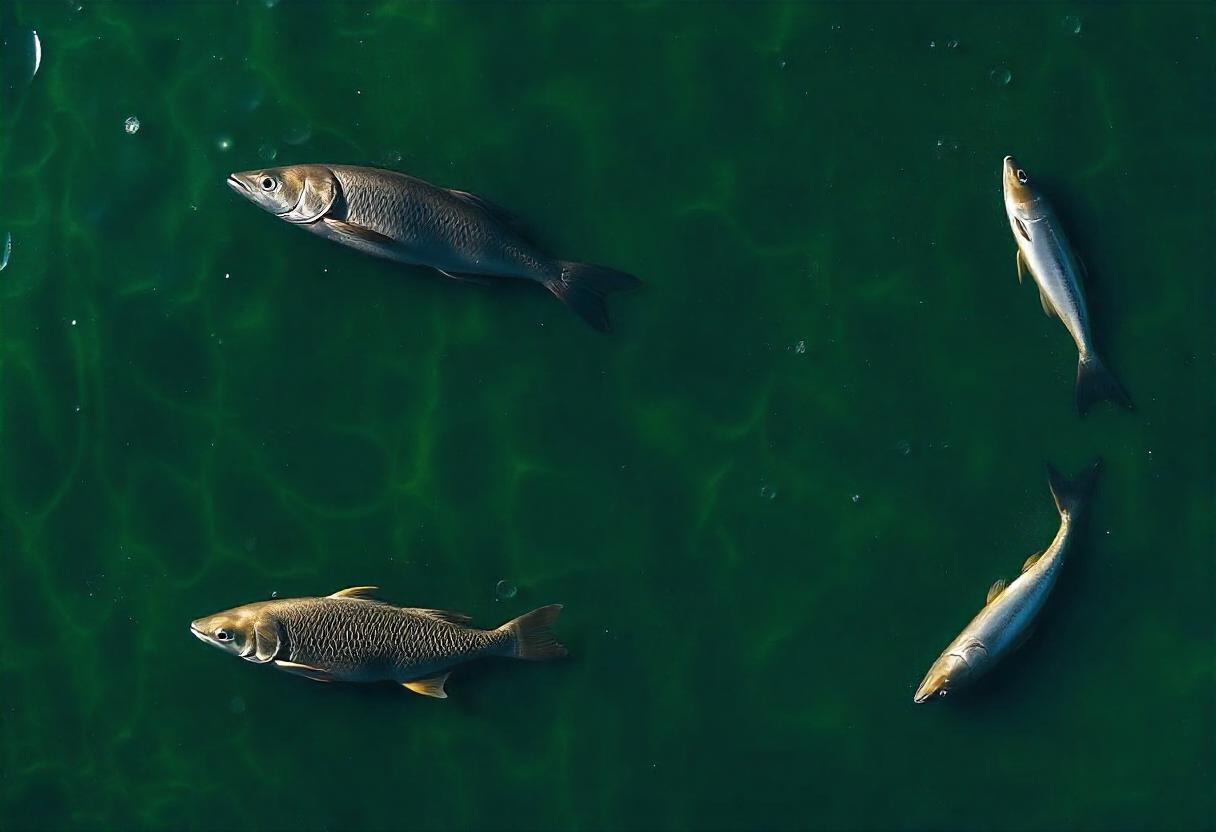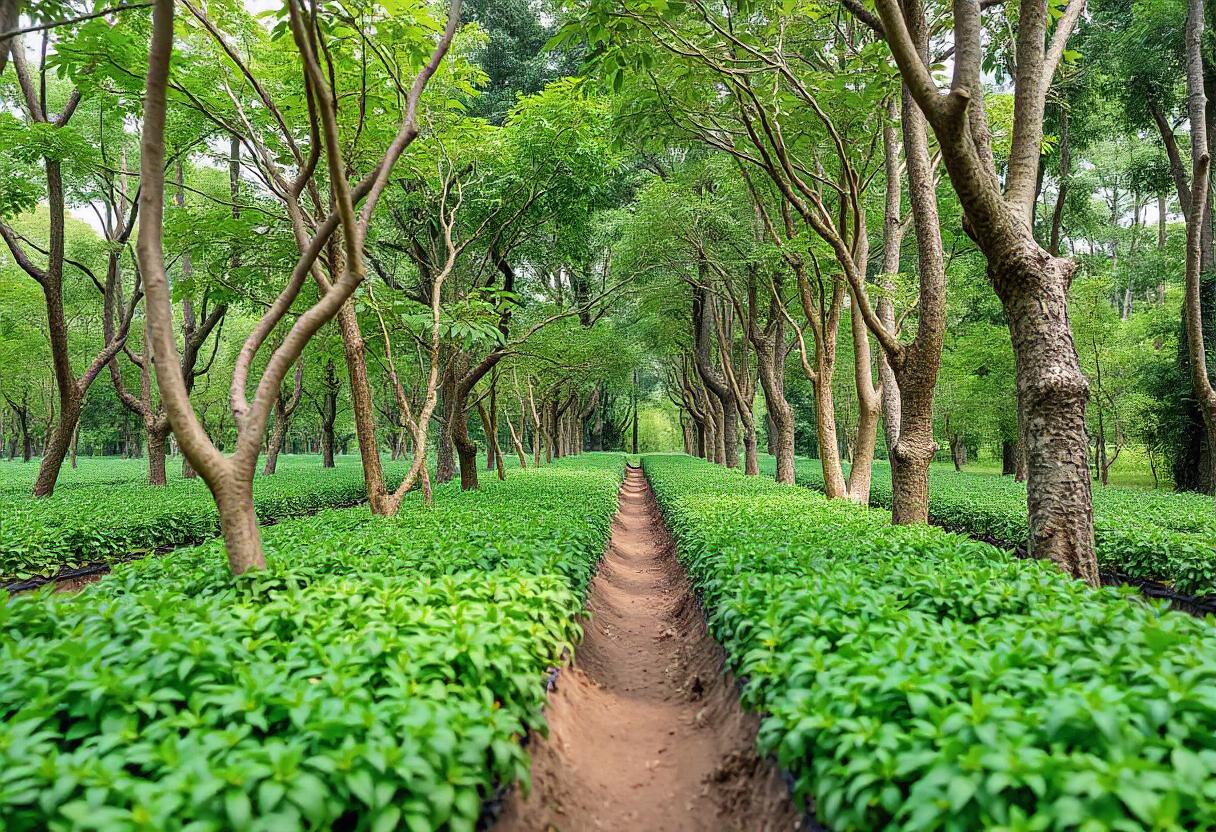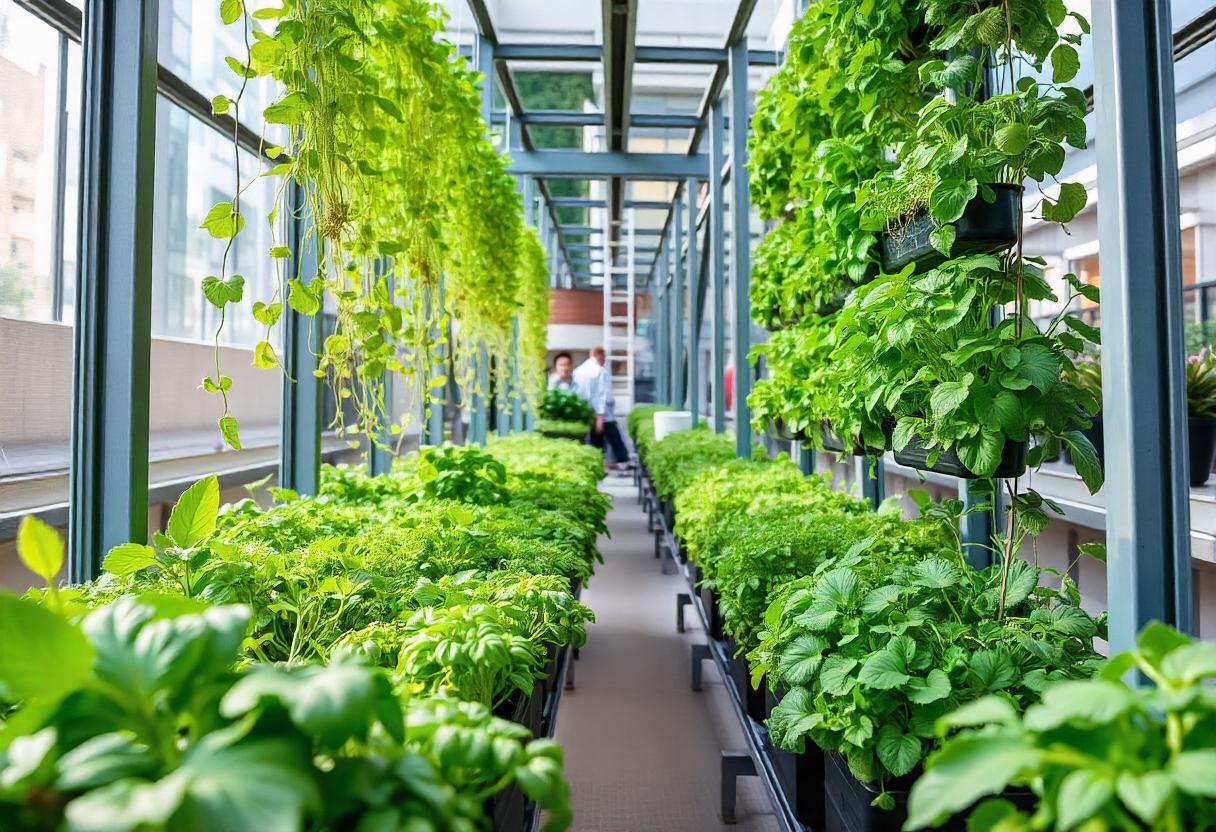Agricultural Trade And Global Markets
Overview of Agricultural Trade Agricultural trade involves the exchange of agricultural products between countries, impacting global economies and food systems. This trade is crucial for supplying countries with food, raw materials, and other products that they cannot produce in sufficient quantities. It also helps balance supply
Learn MoreBiofuels And Energy Crops
Biofuels are fuels derived from biological materials, offering a renewable alternative to fossil fuels. They play a significant role in the energy sector, contributing to energy security and sustainability. Energy crops are plants specifically grown for the production of biofuels. These crops provide a variety of
Learn MoreFood Safety And Agricultural Hygiene
Food safety and agricultural hygiene are crucial aspects of modern agriculture, impacting public health, environmental sustainability, and the overall quality of food products. Ensuring that food is safe from farm to table requires a thorough understanding of hygiene practices and safety protocols throughout the agricultural process.
Learn MoreFarm-To-Table Movements: Revolutionizing Food Systems
The farm-to-table movement represents a significant shift in how we approach food production and consumption. It emphasizes the importance of sourcing food directly from local farms and producers, creating a more sustainable and transparent food system. The Essence of Farm-to-Table Farm-to-table is a concept that focuses
Learn MoreAgrochemical Use And Regulation
Understanding Agrochemicals Agrochemicals, including pesticides, herbicides, and fertilizers, are chemicals used in agriculture to enhance crop productivity and manage pests and diseases. They play a crucial role in modern farming by improving crop yields and ensuring food security. Types of Agrochemicals Benefits of Agrochemical Use Risks
Learn MoreGreenhouse Farming
Greenhouse farming, also known as controlled environment agriculture, is an innovative method of growing crops in a controlled setting. This approach offers numerous benefits over traditional outdoor farming, including enhanced crop yield, year-round production, and reduced exposure to pests and diseases. Benefits of Greenhouse Farming Optimized
Learn MoreSustainable Water Management
Understanding Sustainable Water Management Sustainable water management involves the strategic use and conservation of water resources to ensure long-term availability and quality. It focuses on balancing the demands for water with the natural water cycle and environmental needs. Key Principles of Sustainable Water Management Strategies for
Learn MoreAquaculture And Fisheries
Understanding Aquaculture Aquaculture, also known as fish farming, involves the cultivation of aquatic organisms such as fish, shellfish, and seaweeds in controlled environments. This method provides a solution to the overexploitation of natural fish stocks and helps meet the increasing global demand for seafood. Aquaculture can
Learn MoreAgroforestry: Integrating Trees And Crops For Sustainable Agriculture
What Is Agroforestry? Agroforestry is a land-use management system that combines trees, shrubs, and crops in a way that benefits both the environment and agricultural productivity. By integrating trees into crop and livestock systems, agroforestry aims to enhance biodiversity, improve soil health, and increase farm resilience.
Learn MoreUrban Farming And Vertical Agriculture
Urban farming and vertical agriculture are two innovative approaches addressing the challenges of food production in densely populated areas. As the world’s urban population continues to grow, these methods offer solutions for sustainable food production close to city centers, reducing transportation costs and contributing to food
Learn More